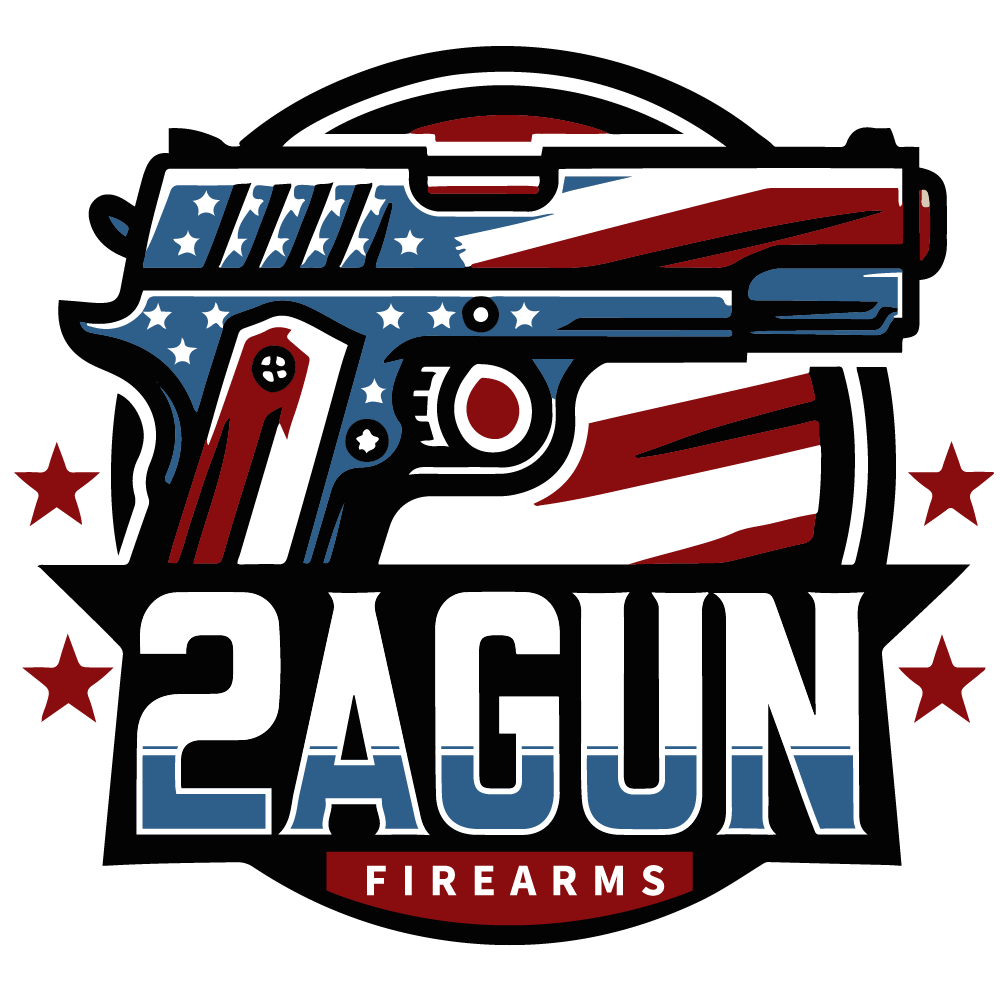How Ammunition Caliber Affects Hunting Success

When it comes to achieving reliable hunting results, selecting the right ammunition caliber is essential. Hunters often debate which caliber is best suited for their chosen game, and for good reason. Caliber impacts not only the accuracy of your shot but also the ethical and effective harvesting of the animal. In this article, we’ll discuss how ammunition caliber affects hunting success and what you should consider before making your choice.
What Is Ammunition Caliber?
The caliber of a firearm refers to the internal diameter of its barrel and, by extension, the diameter of the bullet it fires. It is typically measured in inches or millimeters. While some calibers are designated by their diameter alone (e.g., .30 caliber), others may include additional designations that refer to the cartridge type (e.g., .308 Winchester).
Understanding caliber is critical for selecting ammunition that suits the size, range, and behavior of your intended game.
How Caliber Influences Hunting Success
Ammunition caliber has a direct effect on hunting effectiveness due to its impact on ballistic performance, energy transfer, and ethical considerations. Here’s how:
Energy and Stopping Power
Proper energy transfer is key to ensuring that your shot humanely disables the animal. Larger calibers, such as .30-06 Springfield, deliver high kinetic energy, making them ideal for larger game like elk or moose. Conversely, a smaller caliber, such as .223 Remington, may suffice for smaller targets like coyotes or prairie dogs.
Using a caliber with insufficient energy can result in a poor shot that wounds the animal rather than offering a clean, ethical harvest.
Accuracy and Range
The right caliber plays a role in achieving accuracy, particularly at longer ranges. For example, a .270 Winchester is known for its flat trajectory, making it a reliable choice for distant targets. In contrast, a .45-70 Government is more suited for close-range situations due to its arched ballistic path.
If your primary hunting environment involves open fields or mountainous terrain, selecting a caliber designed for long-range precision is crucial. For dense, wooded areas, a higher-caliber round designed for short-distance penetration is more effective.
Game Size and Ammunition Selection
Matching your caliber to the size of your quarry is one of the most important decisions you’ll make. Using a heavy caliber for small game wastes resources and can destroy too much of the carcass. Similarly, using a low-caliber round on big game may not deliver enough stopping power. Here’s a quick guide:
- Small Game: Rimfire calibers like .22 LR or small centerfire options like .223 Remington.
- Medium Game: Popular choices include .243 Winchester, 6.5 Creedmoor, and .30-30 Winchester.
- Large Game: For elk, moose, or bear hunting, consider calibers like .300 Winchester Magnum or .338 Lupua Magnum.
Scenario-Based Recommendations
Here’s how caliber influences success in specific hunting circumstances:
Hunting in Open Terrain
In wide, open landscapes, choosing a caliber with excellent range and wind resistance is essential. For example, a .308 Winchester offers consistent performance at long distances, making it a versatile option for deer or antelope in prairie environments.
Hunting in Dense Forests
If you’re hunting in wooded areas with limited visibility, a larger, slower-moving round like the .45-70 Government excels. Its ability to penetrate brush and heavy cover makes it suitable for close-range shots on larger game like wild boars.
Varied Hunting Seasons
Hunters who target different species throughout the year should consider multi-role calibers. The .30-06 Springfield is a favorite for its ability to handle everything from whitetail deer to black bears with appropriate bullet configurations.
Factors to Consider When Choosing a Caliber
To choose the best caliber for your hunting needs, take the following factors into account:
- Game Type: Identify the specific species you’re targeting and their typical size.
- Hunting Terrain: Consider the landscape, whether it’s open plains, dense woods, or rugged mountains.
- Shooting Skill: Larger calibers often have more recoil, which can affect accuracy for less experienced shooters.
- Firearm Regulations: Be aware of local laws governing minimum calibers for hunting specific game.
Final Thoughts on Caliber Selection
The question of how ammunition caliber affects hunting success ultimately comes down to making informed decisions based on your goals and environment. As with any hunting gear, practice and preparation are essential. Invest time in understanding your firearm, testing ammo at the range, and ensuring that your equipment matches your intended game.
Selecting the right caliber isn’t just about hitting your target—it’s about doing so responsibly and effectively. With the correct choice, you’ll be well on your way to more successful and ethical hunting experiences out in the field.
For more tips on hunting gear and firearm safety, check out our other guides on firearms and hunting.


